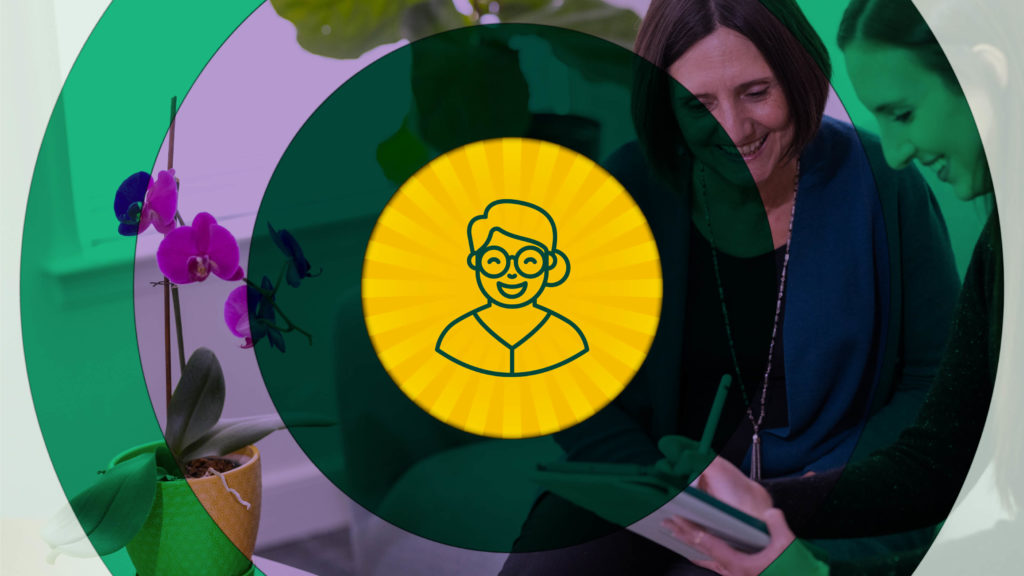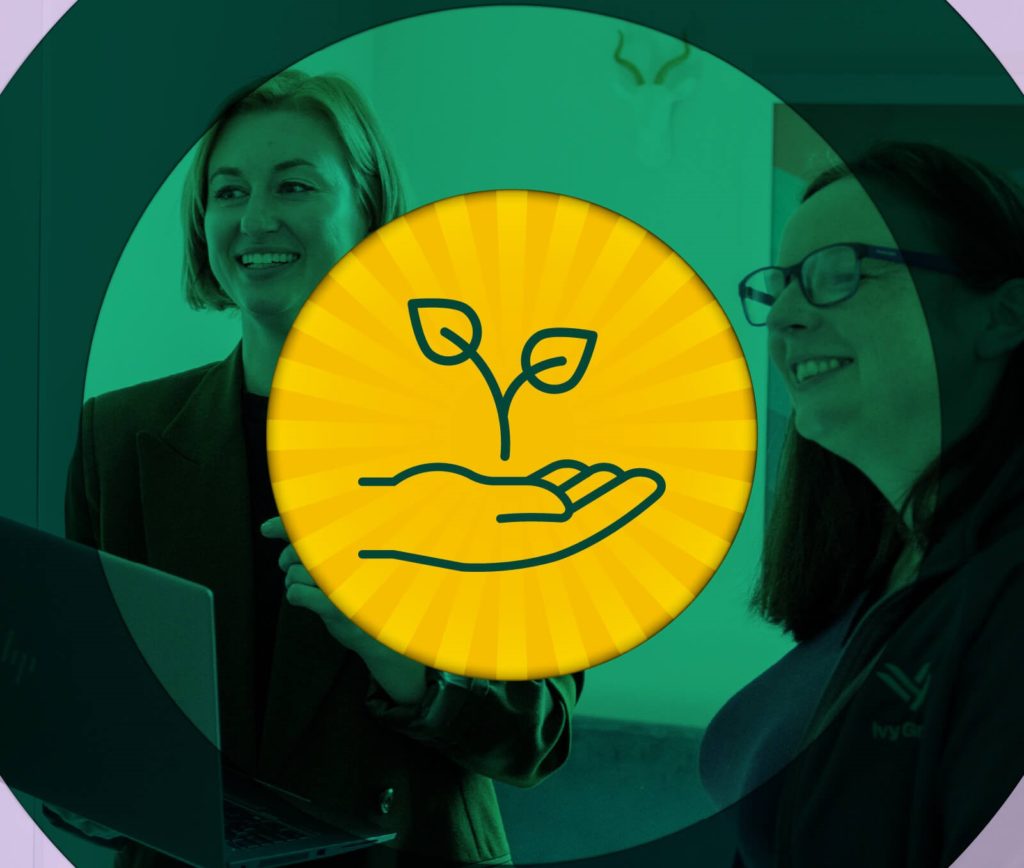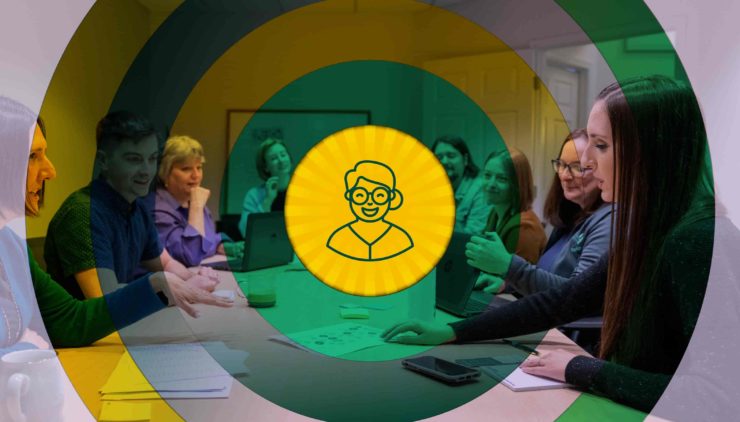We could wax lyrical about the benefits of strategic planning. It achieves so many goals which elevate your Library's service to its community.
You already know its value, though, which is why you're not asking, "Should we do it?" but rather "How should we do it? Hire a library consultant, or go it on our own?"
An in-house planning process can lean on internal know-how, and it might provide a chance for a rising star to step up within your library system. It lets you skip the RFP process and interviews. And it saves money, at least initially.
Yet trying to do it all yourself can create problems. Our full-time library specialist, Sarah Hamfeldt, worked for nearly 15 years in a system doing in-house strategic planning, and she saw the compromises needed to make it work: core services suffer, community engagement and market research are limited, and competing demands delay the completion of the plan while risking staff burnout.
With a library consultant, you can get more done in less time, and with less stress. A good consultant:
- Relieves administrative burden
- Brings fresh perspectives and wide-ranging expertise
- Raises the level of your research and community engagement
- Provides a neutral sounding board for library staff, users, non-users, and partners
- Ensures meaningful, consensus-building involvement from all stakeholders
- Delivers a fully actionable and accountable plan in the space of about six months
Small burden, smooth operation
Imagine you're preparing to open a new branch, built from ground up, at the same time as you develop your next strategic plan. This exact situation faced one of our recent library partners. Can you picture having the capacity to lead both projects, plus the day-to-day operations of the Library?
When you take on strategic planning in-house, a lot of time and attention have to be reallocated away from both day-to-day services and other priorities.
In this situation, both leadership and staff are tasked with work outside their wheelhouse, and they're constantly challenged by limitations. Who has time to do full benchmarking, create and coordinate a focus group, and parse the results of an online survey? Who has the capacity to do market segmentation?
When Ivy partners with a library, we make it possible for library insiders to focus on sharing ideas, rather than sharing the burden of management. Staff and leadership get involved in more meaningful ways, while remaining freer to handle their many responsibilities.
At Ivy Group, we can give our full focus to the strategic planning process, and so we can keep it to a tight time frame of about 6 months for a comprehensive plan. This can be especially useful when a library needs to get back on track after the previous plan has expired.
Fresh perspective, outsider status
In addition to taking up much of the administrative burden, a key element of our work is drawing out internal insights and combining them with external research and expertise. We occupy a unique vantage—intimately acquainted with libraries and skilled at getting to know your unique community at the sidewalk level, yet outside your organization and so outside its biases and blindspots.
This lets us more effectively confirm, refute, or alter internal hunches, while contributing entirely new ideas. Our perspective ensures your newest strategic plan keeps abreast of best practices and doesn't just reassemble (with diminishing returns) elements from your previous plan.
We can also help navigate internal politics. Where there are tensions or lapses in trust, we can ease coordination between stakeholders. We mediate and develop solutions to issues which might otherwise be contentious or intractable. Sometimes we even serve in the role of 'the bad guy' if that helps you accomplish difficult-but-necessary changes.
Last and far from least, our outsider position and expertise let the resulting plan be used more effectively to advocate to local elected officials on behalf of your Library's needs.
Our experience, your benefit

Ivy Group has executed planning partnerships with more than 100 libraries and library organizations across the country. We haven't seen it all—there's always more to learn—but we've seen a lot, in libraries and communities of every kind.
When you partner with us, our expertise is yours. The relationship we form with you rests on openness and accessibility. You can call anytime and know that we'll be glad to help you navigate to a solution.
Collecting and interpreting research
Library consultants specialize in conducting a wide array of quantitative and qualitative assessments of libraries and their communities. These assessments provide the information which guides everything that follows. How could you choose your course of action and your priorities without it?
One of the most important parts of such research is learning more about your elusive non-users. Precisely because they aren't showing up and making their opinions, preferences, and concerns known, most libraries are eager to learn more about non-users, in order to figure out how to better serve the community.
The kinds of research which are most useful for identifying non-users, community preferences, and unmet needs, are also the ones most difficult to do in-house. Phone surveys and market segmentation, for instance, are specialized kinds of research. They're essential, though, for identifying gaps in both service and outreach.
A consultant's expertise in interpreting collected research can be just as valuable as the ability to complete the research. If you find out that 70% of patrons are very satisfied with customer service, what do you make of that? Is that good? (It would actually be well below average for a library of any type!)
A library consultant knows, for example, that patrons will always want longer hours, more parking, and faster access to best-sellers. We have the context to evaluate such requests and say: "the calls for those features aren't actually that loud here. On the other hand, these survey results and usage numbers suggest..."
Engaging the community

As a steward of public money, you take community engagement seriously. You want to know how to best serve your community, and your community members need to know that their input is valued. Engagement includes gathering information and feedback, and it also means building support and consensus.
Even libraries with active boards and good internal processes for refreshing their policies and outreach tend to have limitations with what they can do in terms of community engagement. We can help you with:
- Identifying and reaching non-users
- Identifying, interviewing, and connecting with local influentials
- Conducting town halls, surveys, and focus groups
- Teasing out the common needs across all methodologies to define a shared vision for the Library's future.
We also engage the internal Library community. From staff surveys and board member interviews to the working groups in which Library insiders consider the research findings, formulate goals and tactics, and prioritize them, our process gets your staff and leadership invested in formulating and advancing a shared vision.
We know the planning process has to engage and excite all key stakeholders, encouraging them to be forward looking and bringing them onto the same page about launching new initiatives. Our specialty is knowing how to make that happen.
Making it actionable
There's nothing we love more than a practical plan. Consensus, mission, and vision always need to give rise to a plan that's usable. We have experience with what works best in setting and achieving goals.
Plans extend over several years, during which political, cultural, environmental, and technological stressors can change priorities and options. For this reason, good plans are outcome-focused, rather than strictly delineating a single inflexible course of action. We work with you to identify specific target outcomes, while also suggesting microtactics for achieving those.
Since it's your plan and process, we tailor such details to your needs. Some directors very much want specific tactics and options included ("consider programs such as..."), while others choose to focus on high level directives and leave out "such as" statements. The feedback and revision process lets us arrive at a plan that is both practical and suited to your preferences.
In our quest to make plans ever-more usable for our clients, we also now create an implementation dashboard for all library partners.

The dashboard gives you a handy and eminently usable way to organize and track progress internally, and it also provides a resource you can bring to board meetings and public hearings to demonstrate progress toward your goals.
Seeking a consultant, first steps
Whichever route you ultimately take, we hope this blog gave you a sense of what a good consultant brings to library strategic planning.
If you're ready to being the process of finding the right consultant, you can send us your RFP. If you're looking to get some advice about that process, and how to put together a successful RFP, please reach out. We're happy to share our thoughts.
Category: Libraries, Strategy
Tags: libraries, strategic plans
